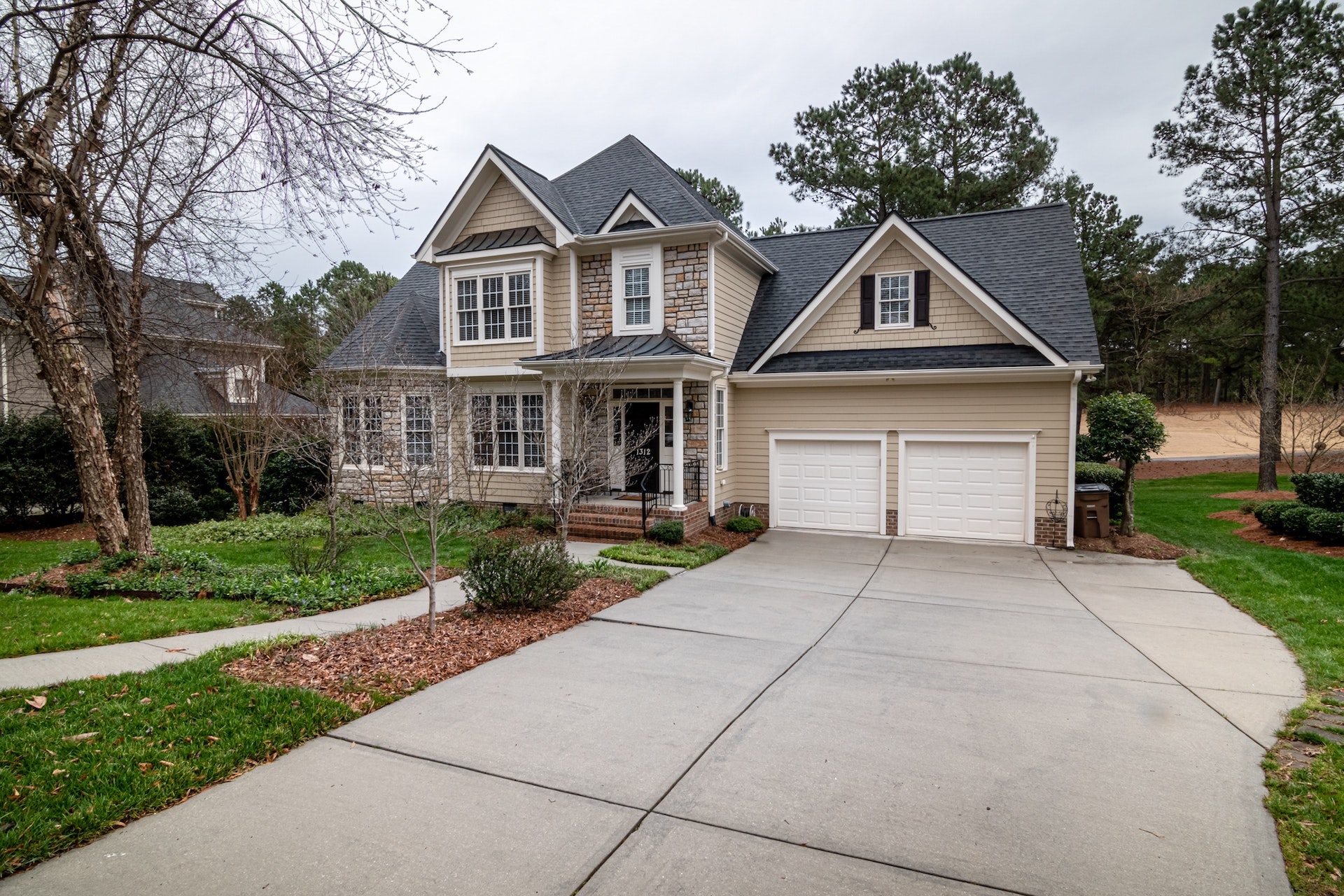
In our last article we talked about the importance of cash flow. Sometimes, based on the cash flow investors may distinguish properties and class them as either “investment property” or “income property”. This is worth considering because the type of property you buy can make self managing your rental business easier and more time efficient. Let’s look at an important distinction between “investment property” and “income property.”
Investment Property
In the distinction between investment and income – an investment property generally has a higher price tag. Such a property is sometimes referred to as an “investment property” and this is because it will not cash flow as easily as a less expensive property. With more expensive properties, the extra rent roll is usually not enough to offset the higher expenses in the mortgage, insurance, and taxes. With these properties it is common to see net monthly incomes anywhere from zero to a few hundred dollars. Sometimes the cash flow can even be in the negatives obligating the owner to pay into the property as well.
However in the long run, these more valuable properties will likely be worth more as well. As the adage goes: location, location, location. Aside from the size and quality of the home, the higher price of a property can generally be attributed to a desirable neighbourhood. A nicer or well-positioned area tends to attract better tenants who will keep in in good condition over time. This combined with strong appreciation will ensure a good investment in the long run.
Income Property
In comparison, an “income property,” as it has a lower price tag (& a better cap rate) will cash flow more. If you have a few of them, this can really boost your income and savings, which can provide you with funds to reinvest and grow your business with.
With such properties however, there can be a catch. Due to their more affordable nature they may often be older and require more maintenance. Depending on the condition of the property, the area, and the price, it may also factor into the kind of tenant prospects that are attracted. If the rents are lower, they may also attract some harder to manage tenants. These are the top factors that will cause you to work longer and harder than you may be wanting to. In such a scenario, it may be a better idea to hire a property manager so you won’t have to deal with any headaches. Having a property that cash flows will help to cover the added expenses of using a property manager, but may also cut into your return on investment. Higher income producing properties may also be found in less desirable areas.
So which to choose?
As with everything, a balance is important, and you will likely acquire both types of properties over time. Depending on where you are in your real estate investment journey, that may influence your decision too. Starting out, a higher positive cash flow might be what you’re looking for to earn a return that you can reinvest into the next property. If you’re comfortably cashflow positive you might start to add some more expensive properties to your portfolio. Both types of investment can serve you well, you just have to understand the risks and benefits of both.

